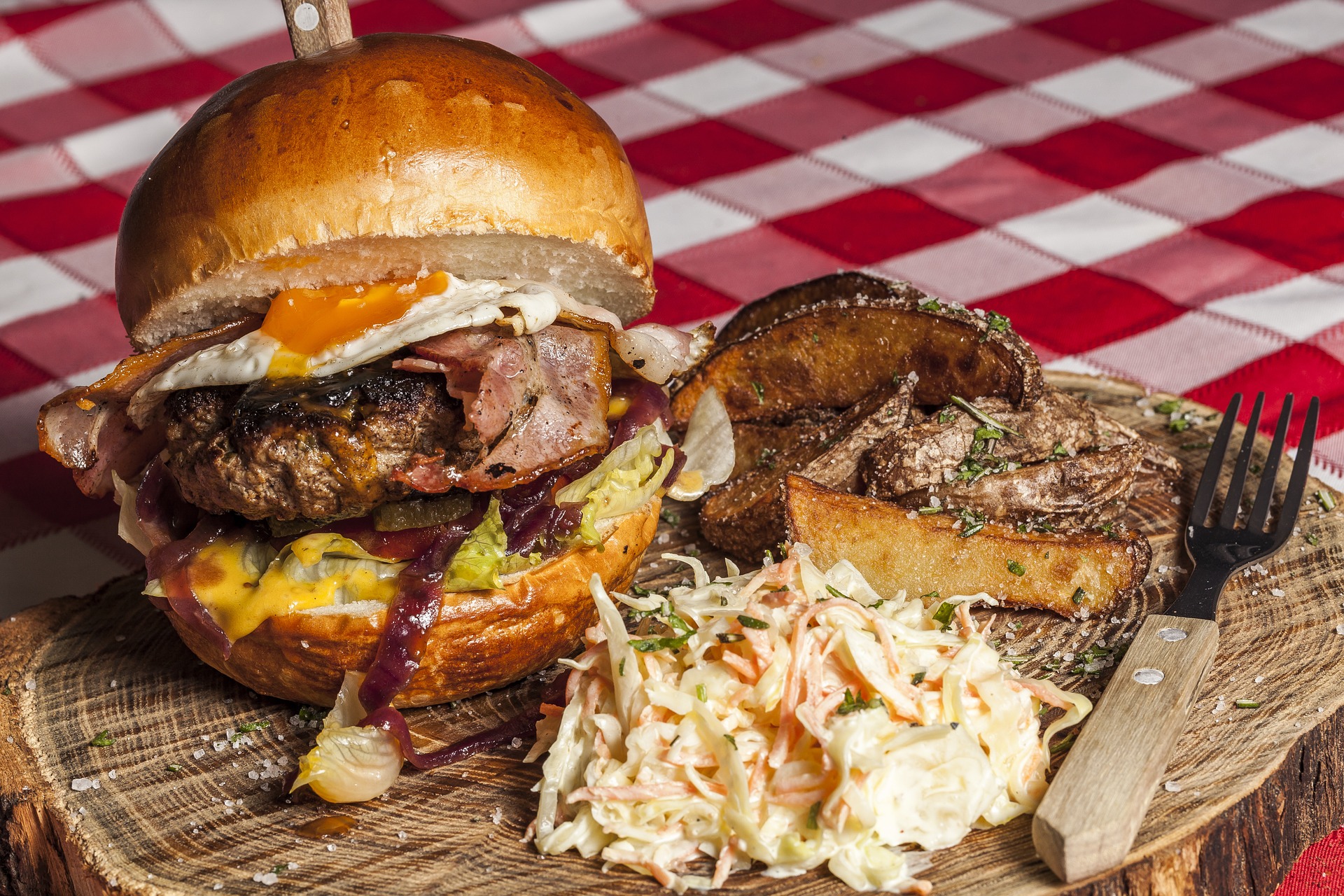
A survey from data analytics firm Kantar revealed that consumers with climate concerns are reducing their spending on meat and bottled drink and trying to reduce plastic waste, leading to lower sales.
The global survey, which covered 65,000 people in 24 countries in Europe, Latin America and Asia, revealed that around one-third of people have environmental fears, with 16% of those taking action towards reducing their environmental footprint. It found that a majority of Asian and Latin American consumers have little to no interest in the issue while those from western Europe were most likely to aim to reduce their environmental impact. Although in Latin America, Chile has the world's most environmentally engaged consumers, where 37% of the respondents say they are actively trying to make a change.
Kantar forecasts a 4% drop in sales of fresh meat in Great Britain in the next two years as climate concerns become more widespread. The United Nations' Intergovernmental Panel on Climate Change called for the reduction of global meat consumption in August to address global warming and advocated plant-based foods to reduce carbon dioxide emissions.
The Kantar report stated "We’re already seeing small reductions in spending on meat, bottled drinks and categories such as beauty wipes. As markets get wealthier, the focus on issues of environmentalism and plastics increases. In the future, we could expect to see the share of 'eco active' shoppers rising in countries that experience growing gross domestic product."
It added "Our study shows there is high demand for eco-friendly products that are competitively priced and readily available." Kantar also mentioned the emergence of companies that offer meat alternatives, including California-based Beyond Meat and Impossible Foods, while food giants like Nestle are introducing plant-based burgers. It claimed that large manufacturers, such as Coca-Cola, Unilever and Walmart, have pledged to develop reusable, recyclable or compostable packaging by 2025 as 48% of customers call for a reduction in plastic wastes from consumer goods companies.






